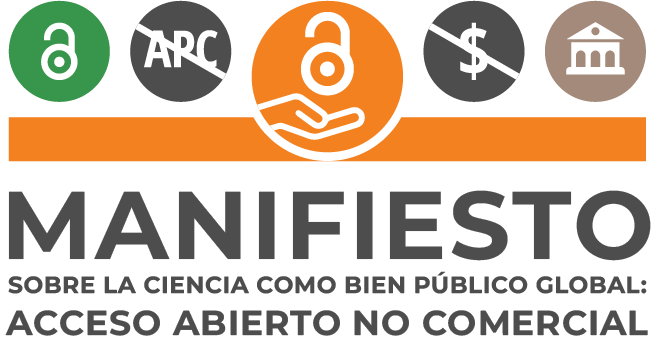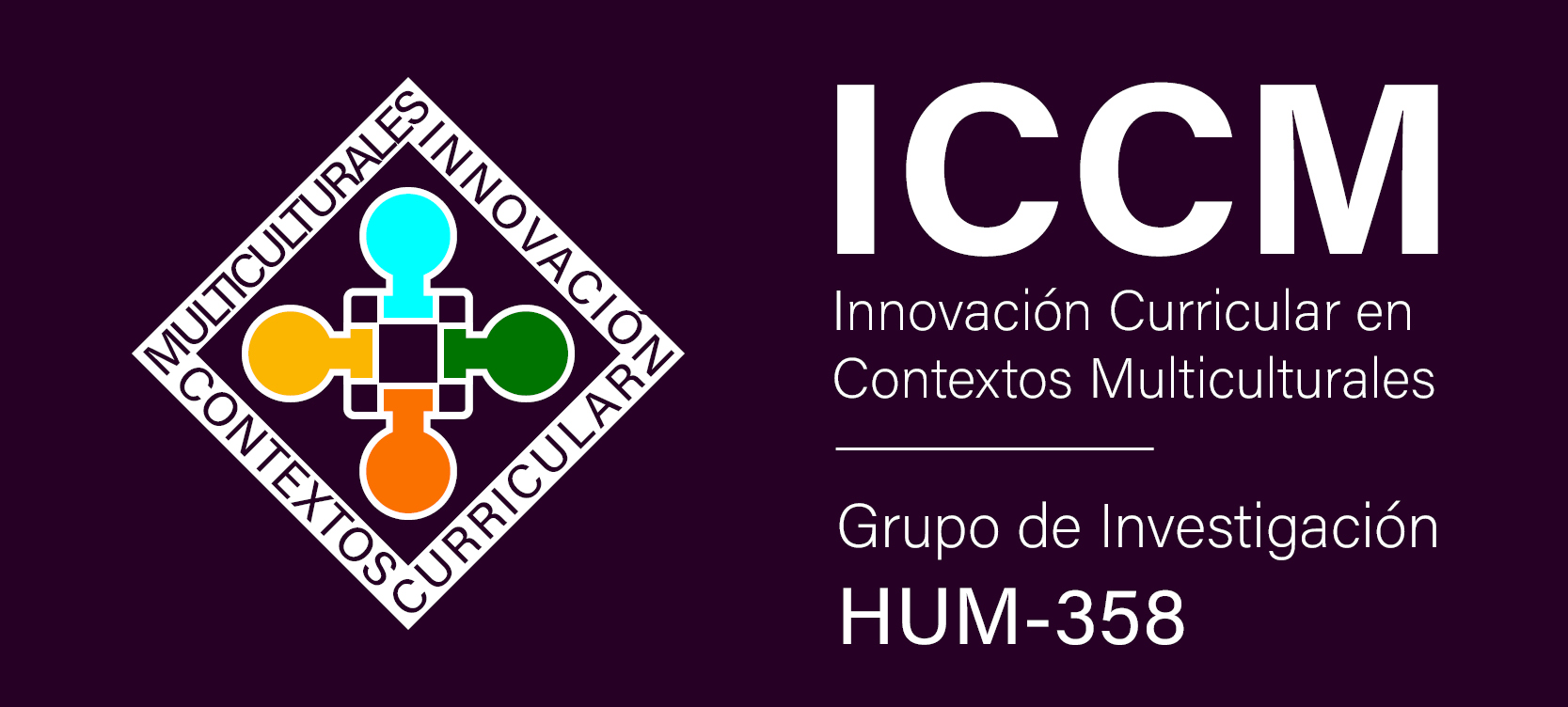DESIGN AND IMPLEMENTATION OF TRANSVERSAL CLASSROOM PROJECTS WITH STATE GUIDELINES, FROM INDIGENOUS ANCESTRAL KNOWLEDGE IN COLOMBIA
DOI:
https://doi.org/10.30827/modulema.v5i.22054Keywords:
Classroom projects, Ancestral Knowledge, Indigenous community, Coss-cutting KnowledgeAbstract
This article aims to present the results of an action-research study targeted at incorporating ancestral knowledge in the curriculum of indigenous schools as learning resources. The innovation proposal was carried out by the researcher in joint collaboration with teachers and leaders of the Embera-chamí indigenous community of Marsella, Colombia. The process was accompanied by a research study whose objective was to know the mental representations of community leaders and teachers regarding which ancestral knowledge should be incorporated in the curriculum and how they envisaged the relevance and viability of the classroom projects elaborated with such a purpose. Our research documented the process of designing, planning, and implementing those classroom projects. The analysis of the data, obtained with ethnographic tools -participant observation and informal talks-, provided community leaders and teachers with relevant and sufficient information to scaffold intercultural education in that indigenous territory since they became aware that ancestral knowledge generates knowledge in various disciplines and can be mainstreamed with the guidelines proposed by the Ministry of National Education of Colombia. In turn, their participation in the action-research study empowered them as they became learning agents that could enable the Embera-chamí children to access the national curriculum without renouncing their culture and identity as an ethnic group.
Downloads
References
Andréu Abela, J. (2002). Las técnicas de Análisis de Contenido: Una revisión actualizada. Fundación Centro Estudios Andaluces de la Universidad de Granada, 10(2), 1-34.
Ballena, C., Masats, D., & Unamuno, V. (2020). The transformation of language practices: Notes from the Wichi community of Los Lotes (Chaco, Argentina). En E. Moore, J. Bradley y J. Simpson (Eds.), Translanguaging as transformation: The collaborative construction of new linguistic realities (p.76-92). Multilingual Matters.
Ballena, C. & Unamuno, V. (2018). Formación e inserción laboral de los docentes bilingües interculturales en la provincia de 29 Chaco: el proyecto EGRESADOS. Memoria de Ponencias del 5to Coloquio y Taller Internacional Educación Superior y Pueblos Indígenas y Afrodescendientes en América Latina Colaboración intercultural: Servicio, investigación, y aprendizajes. http://untref.edu.ar/sitios/ciea/wp-content/uploads/sites/6/2015/05/Memoria-de-ponencias-5to-Coloquio.pdf
Carrillo, T. (2001). El proyecto pedagógico de aula. Educere, 5(15), 335-344. https://www.redalyc.org/pdf/356/35651518.pdf
Cohen y Manion (1990). Métodos de investigación educativa. Editorial La Muralla
Consejo Regional Indígena del Cauca - CRIC. (2004). ¿Qué pasaría si la escuela...? 30 años de constitución de una educación propia. Programa de Educación Bilingüe e intercultural PEBI. Editorial Fuego Azul. https://www.humanas.unal.edu.co/colantropos/files/1014/5615/3700/pebi.pdf
Dewey, J. (1899). The school and society. En R. Westbrook.(Ed.), Middle works of John Dewey (pp. 1-109). Illinois University Press.
Dewey, J. (1916). Democracy an education. Macmillan.
Díez, C. (1995). La oreja verde de la escuela. Trabajo por proyectos y vida cotidiana en la escuela infantil. Ediciones de la Torre.
Dooly, M. (2016). Proyectos didácticos para aprender lenguas. En D. Masats & L. Nussbaum (Eds.), Enseñanza y aprendizaje de las lenguas extranjeras en educación secundaria obligatoria (p.169-193). Síntesis.
Dooly, M., & Masats, D. (2020). ‘What do you zinc about the project?’: Examples of technology-enhanced project-based language learning. En G. Beckett & T. Slater (Eds.), Global perspectives on project-based language learning, teaching, and assessment: Key approaches, technology Tools, and frameworks (pp. 126–145). Routledge.
Elliot, J. (1993). El cambio educativo desde la investigación-acción. Morata.
Galeano, Y., & García, M. (2014). La enseñanza del castellano como segunda lengua: una forma de inclusión social para la comunidad indígena jebalá. (Tesis de maestría). Universidad de Manizales. https://ridum.umanizales.edu.co/xmlui/handle/20.500.12746/2229
González, M. (2012). La educación propia: entre legados católicos y reivindicaciones étnicas. Pedagogía y Saberes, (36), 33-43. https://doi.org/10.17227/01212494.36pys33.43
Kemmis, S. & McTaggart, R. (1988). Cómo planificar la investigación-acción. Laertes.
Lewin, K. (1946). Action research and minority problems. Journal of Social Issues, 2(4), 34-46. https://doi.org/10.1111/j.1540-4560.1946.tb02295.x
Leyva, X., & Speed, S. (2008) Hacia la investigación descolonizada: nuestra experiencia de co-labor. En X. Leyva, A. Burguete & S. Speed (Eds.), Gobernar (en) la diversidad: Experiencias indígenas desde América Latina. Hacia la investigación de co-labor (pp. 4-59). CIESAS, FLACSO Ecuador y FLACSO Guatemala.
Markham, T., Mergendoller, J., Larmer, J. & Ravitz, J. (2003). Project based learning handbook: A guide to standars-focused project based learning for middle and high school teachers. Buck Institution for Education.
Masats, D. (2014). Educación inclusiva en la enseñanza de lenguas. Informe inédito elaborado a petición del Ministerio de Educación Nacional de Colombia a través de la Universidad Tecnológica de Pereira, Colombia.
Mayhew, K & Edwards, A. (1966). The Dewey School. Atherton.
Pasek de Pinto, Eva, & Matos de R, Yuraima. (2007). Habilidades cognitivas básicas de investigación presentes en el desarrollo de los proyectos de aula. Educere, 11(37), 349-356. http://ve.scielo.org/scielo.php?script=sci_arttext&pid=S1316-49102007000200022&lng=en&tlng=es.
Ruiz Olabuénaga, J.I. (1996). Metodología de la investigación cualitativa. Universidad de Deusto.
Sánchez, J. (2013). Qué dicen los estudios sobre el aprendizaje basado en proyectos. Actualidad pedagógica. https://www.estuaria.es/wp-content/uploads/2016/04/estudios_aprendizaje_basado_en_proyectos1.pdf
Tejedor, F. (1986). La estadística y los diferentes paradigmas de investigación educativa. Educar, 10, (79–101). https://doi.org/10.5565/rev/educar.463
Vigotsky, L. (1978). Mind and Society. The Development of Higher Psychological Processes. Harvard University Press
Williamson, G. (1995) Instructor-trainee conversation in an Adult Training Centre for people with learning disabilities: An analysis of the function and distribution of back channel tokens and personal names. Tesis doctoral no publicada. University of Newcastle.
Yagari, L. (2013). Fortalecimiento de la lengua embera chami en el reguardo Hermeregildo Chakiama municipio de ciudad Bolivar Antioquia. (Tesis de maestría). Universidad de Antioquia.


















